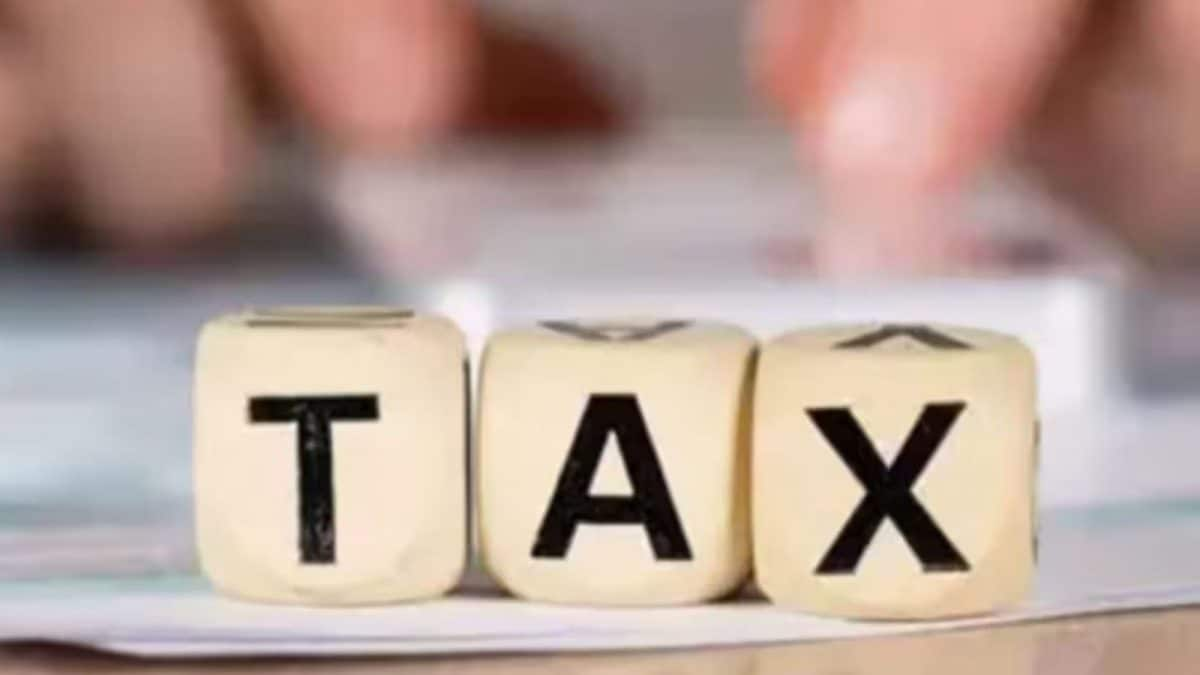Last Updated:
The new Act removes redundant provisions and archaic language and cuts the number of Sections from 819 in the Income Tax Act, 1961, to 536 and the number of chapters from 47 to 23.

Income Tax Act, 2025.
The central government on Friday notified the Income Tax Act, 2025, in the Official Gazette. It comes a day after the President gave assent to the Act on Thursday. The Act, which will come into effect from April 1, 2026, consolidates and amends the existing Income Tax Act, 1961.
“The Income-tax Act, 2025 has received the Hon’ble President’s assent on 21st Aug 2025. A landmark reform replacing the 1961 Act, it ushers in a simpler, transparent & compliance-friendly direct tax regime. Access the official document here: https://egazette.gov.in/(S(p0hzyo3qrxli3juyloktgdrv))/ViewPDF.aspx,” Income Tax India said in a post on X on August 22.
The Act was passed by Parliament in the just-concluded monsoon session.
The Income-tax Act, 2025 has received the Hon’ble President’s assent on 21st Aug 2025.A landmark reform replacing the 1961 Act, it ushers in a simpler, transparent & compliance-friendly direct tax regime.
Access the official document here: https://t.co/wOPk1PFQbP pic.twitter.com/Xw84hzpPb3
— Income Tax India (@IncomeTaxIndia) August 22, 2025
The new Act removes redundant provisions and archaic language and reduces the number of Sections from 819 in the Income Tax Act of 1961 to 536 and the number of chapters from 47 to 23. The number of words had been reduced from 5.12 lakh to 2.6 lakh in the new Income Tax Bill, and for the first time, it introduces 39 new tables and 40 new formulas, replacing the dense text of the 1961 law to enhance clarity.
As the new law will come into force from April 1, 2026, the computer systems of the Income Tax department are required to be rebooted to operationalise the new legislation.
The new Income Tax Bill was drafted within a record time of six months and introduced in the Budget session in February 2025. It was referred to the Select Committee for a comprehensive study of the Bill. Subsequently, in order to incorporate the suggestions made by the Committee, the Bill (No.1) was withdrawn and a fresh Bill (No.2) was introduced in the monsoon session of Parliament.
While presenting the revised Bill in Lok Sabha on August 11, Finance Minister Nirmala Sitharaman said the government had accepted “almost all of the recommendations of the Select Committee”, along with suggestions from stakeholders to ensure the law’s intent is “conveyed more accurately”.
“There are corrections in the nature of drafting, alignment of phrases, consequential changes and cross-referencing. Therefore, a decision has been taken by the government to withdraw the Income Tax Bill, 2025, as reported by the Select Committee. Consequently, Income-tax (No. 2) Bill, 2025, has been prepared to replace the Income-tax Act, 1961,” according to the statement of objects and reasons.
Key Changes Proposed By The Committee
Tax refunds
Removal of the provision that denied income-tax refunds if returns were filed after the due date.
The withdrawn version required taxpayers to file ITRs within the due date to claim a refund (Section 433). The revised Bill ensures refunds can still be claimed even if the ITR is filed late.
Inter-corporate dividends
Restoration of Section 80M deduction (Clause 148) for inter-corporate dividends for companies availing the special tax rate under Section 115BAA.
This provision had been missed in the earlier draft.
Nil TDS certificate
Taxpayers will be allowed to avail of Nil TDS certificates, enabling no tax deduction at source under certain conditions.
Exemption on anonymous donations
Anonymous donations to purely religious trusts will be exempt from tax. The exemption will not apply to trusts that are both religious and engaged in social services such as running hospitals or schools.
Digital-first tax process
The new Bill aims to make the tax process more digital, automated, and faceless, to enhance convenience and minimise the scope for corruption.
Clarification on capital gains tax rumours
Reports last month suggested that the new Bill might change capital gains tax rates. The Income Tax Department denied this in a post on X, stating that the Bill’s objective is language simplification and removal of redundant or obsolete provisions, not altering tax rates.

Haris is Deputy News Editor (Business) at news18.com. He writes on various issues related to personal finance, markets, economy and companies. Having over a decade of experience in financial journalism, Haris h…Read More
Haris is Deputy News Editor (Business) at news18.com. He writes on various issues related to personal finance, markets, economy and companies. Having over a decade of experience in financial journalism, Haris h… Read More
Read More








